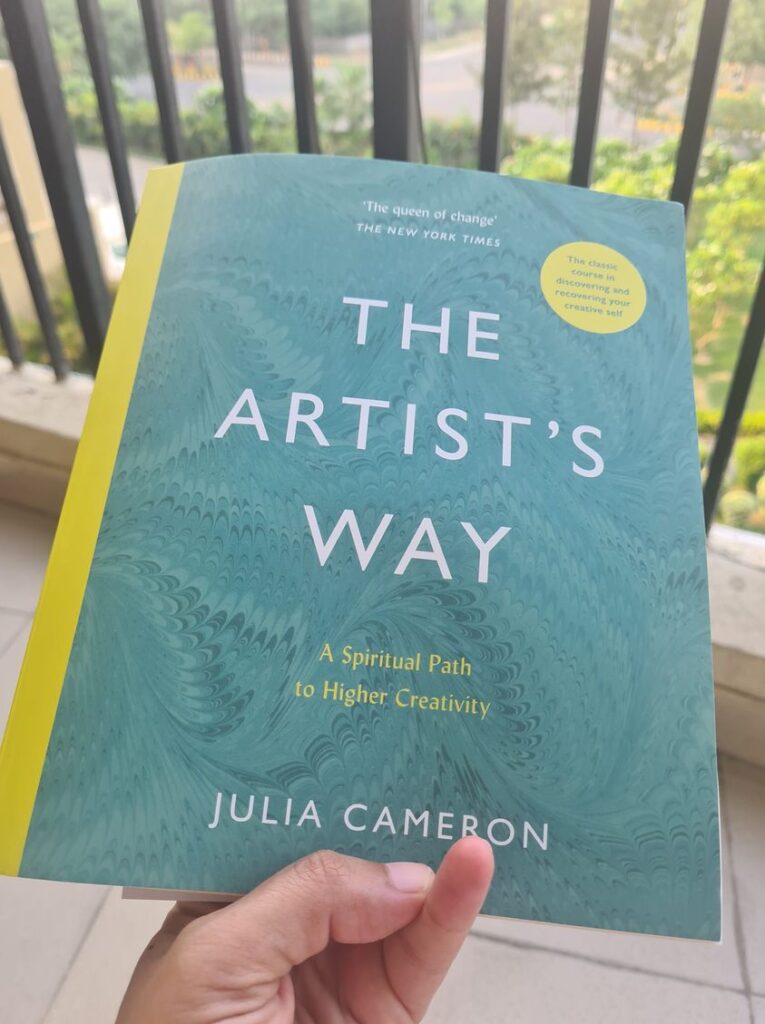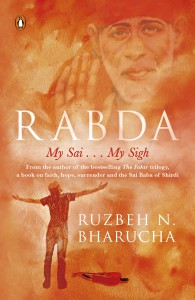“The Artist’s Way” by Julia Cameron

Julia Cameron’s bestselling The Artists Way: A Spiritual Path to Higher Creativity ( first published 1991) is celebrating its 30th anniversary. To commemorate it, the publishers, Hachette India, have released a special edition. It helps that the book has sold more than 5 million copies and been translated into more than 40 languages.
Cameron has devised a 12-week course to unleash a person’s creativity, irrespective of whether it is using words or visual mediums. The chapters in the book are structured to be read and used, one ever week, followed by the exercises. If hard pressed for time during the week to complete the exercises, she suggests that the individual attempt the most exciting and the most dull/challenging exercises. The middle rung can be left for some other time. It is rewarding.
Her book’s premise rests on two fundamental principles — the “morning pages” and the “artist’s date”. She recommends that every morning, it is advisable to write in longhand three pages of anything that comes to one’s mind. There is no need to read it, edit or review it. Just write and close the book. Pick it up the next day. Continue. One fine day, a force within will make its presence felt and you will find it your creative juices working. If you are spiritually inclined, you will identify it as God’s blessing, but if you are not, it will be defined as a life force, a creative energy. Terminology is unimportant as long as the individual recognises their potential, their self-worth and firmly believes in their artistic potential. It is not linked to an “appropriate age”, it is not linked to minting money, it is crucial to first being satisfied for oneself then others. Raymond Chandler didn’t publish until the far side of forty. Grandmother Moses began painting once she had completed three score years and ten. There is always time. Artbis the structuring of time.
Our use of age is a block to creative work interlocks with our toxic finished-produxlct thinking. We have set an appropriate age in certain activities: college graduation, going to med school, writing a first book. This artifical requirement asks us to be done when waht we truly yearn for is to start something.
The second principle of artist’s date is that it is a good idea to keep a little time aside every week to spend on nurturing one’s artistic sensibility. So it could be something as simple as taking time to visit a museum but do it. External stimulation is as important for one’s growth as inner creativity.
It is a book full of common sense. She advocates taking baby steps to achieve a goal. She does not believe that there is a concept of a “blocked artist” or that there is a lack of time. It merely requires overcoming one’s fears, better time management and taking the plunge. It is only by confronting oneself in this manner that progress can be made. It requires humility to start something despite one’s ego’s reservations and the ability to recognise when one is making excuses.
The grace to be a beginner is always the best prayer for an artist. The beginner’s humility and openness lead to exploration. Exploration leads to accomplishment. All of it begins at the beginning, with the first small and scary step.
In The Artist’s Way, Julia Cameron has plenty of sensible advice to offer. It is basically a guide to recalibrate one’s life to achieve a little for oneself rather than be sucked into the monotony of existence. Given that this book was first written in the late 1990s, it does not sound dated except for the fact that there is no mention of digital distractions or the need to digitally detox. So how will those at least less than thirty-five figure out how to manage their lives? Dependency on electronic gizmos and the Internet is part and parcel of their lives. Orienting themselves to a discipline as outlined by Cameron may take more than the stipulated 12 weeks. But anything is possible. In this case, it is well worth spending time with yourself and being constructively productive.
If it helps to know, artists like Martin Scorsese, Elizabeth Gilbert, Russell Brand and Reese Whiterspoon swear by it.
Buy it. Use it. Do the exercises diligently. It works.
18 June 2021

